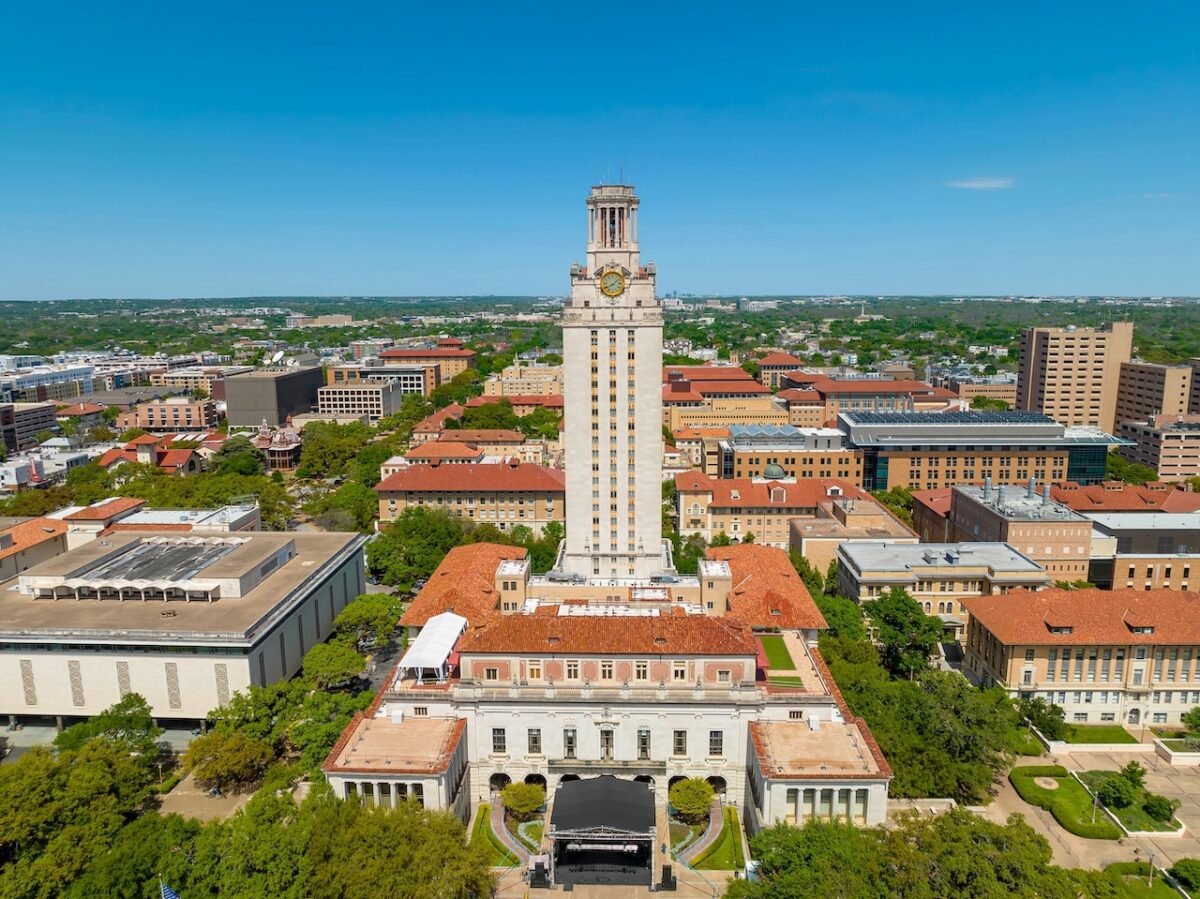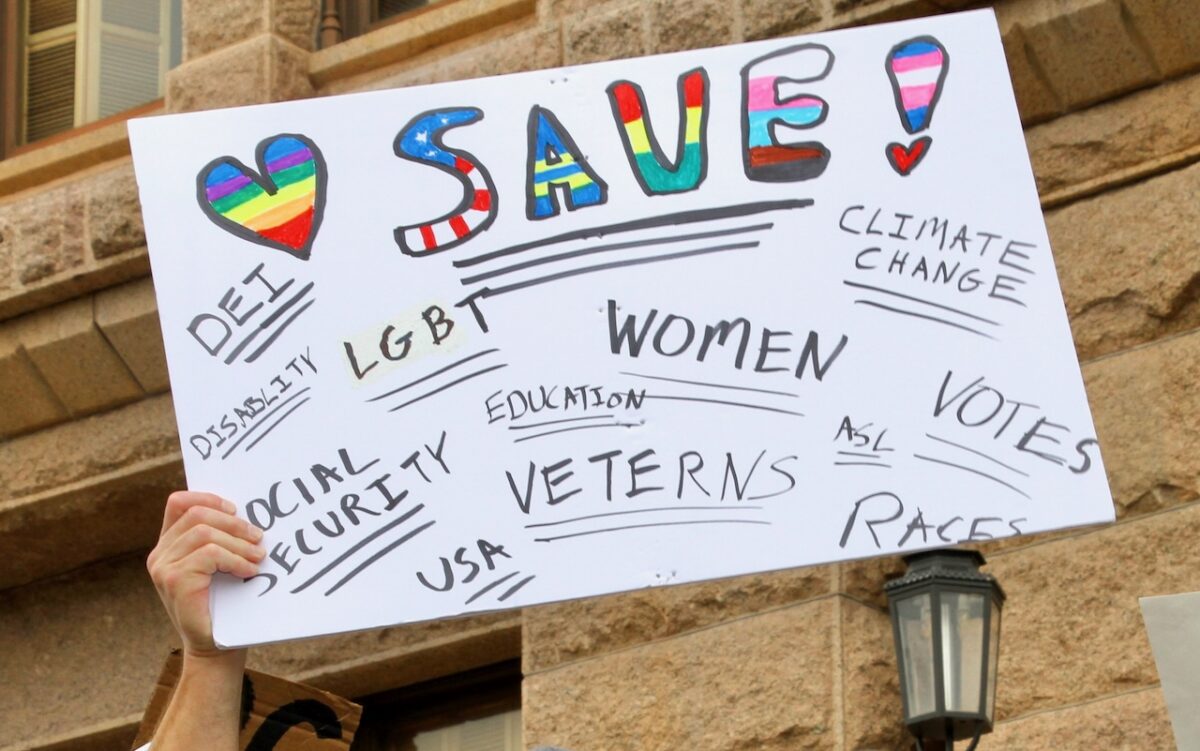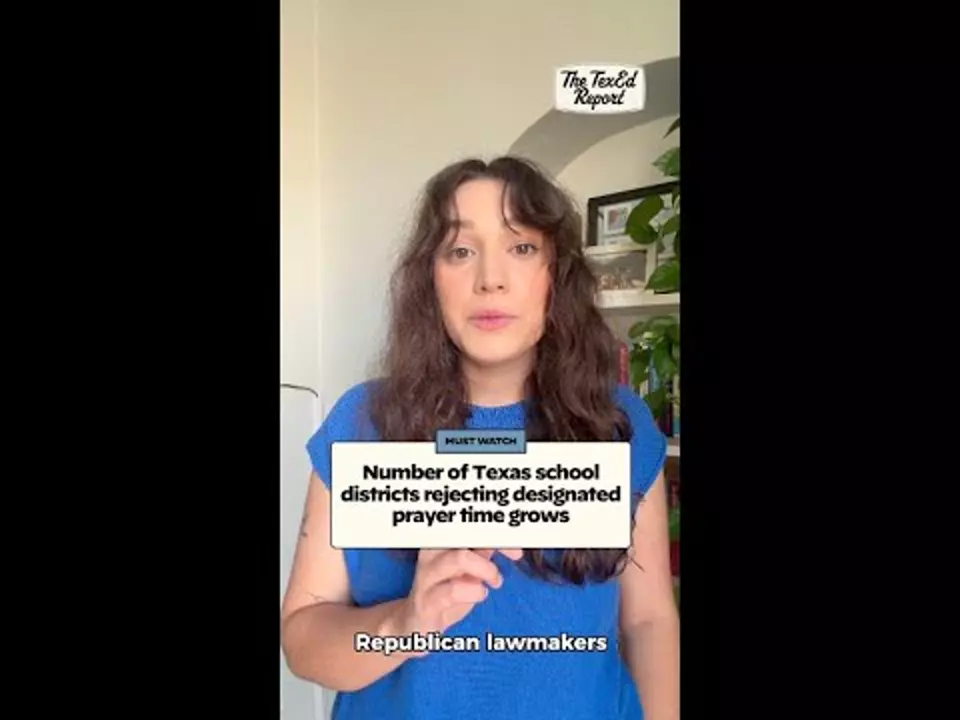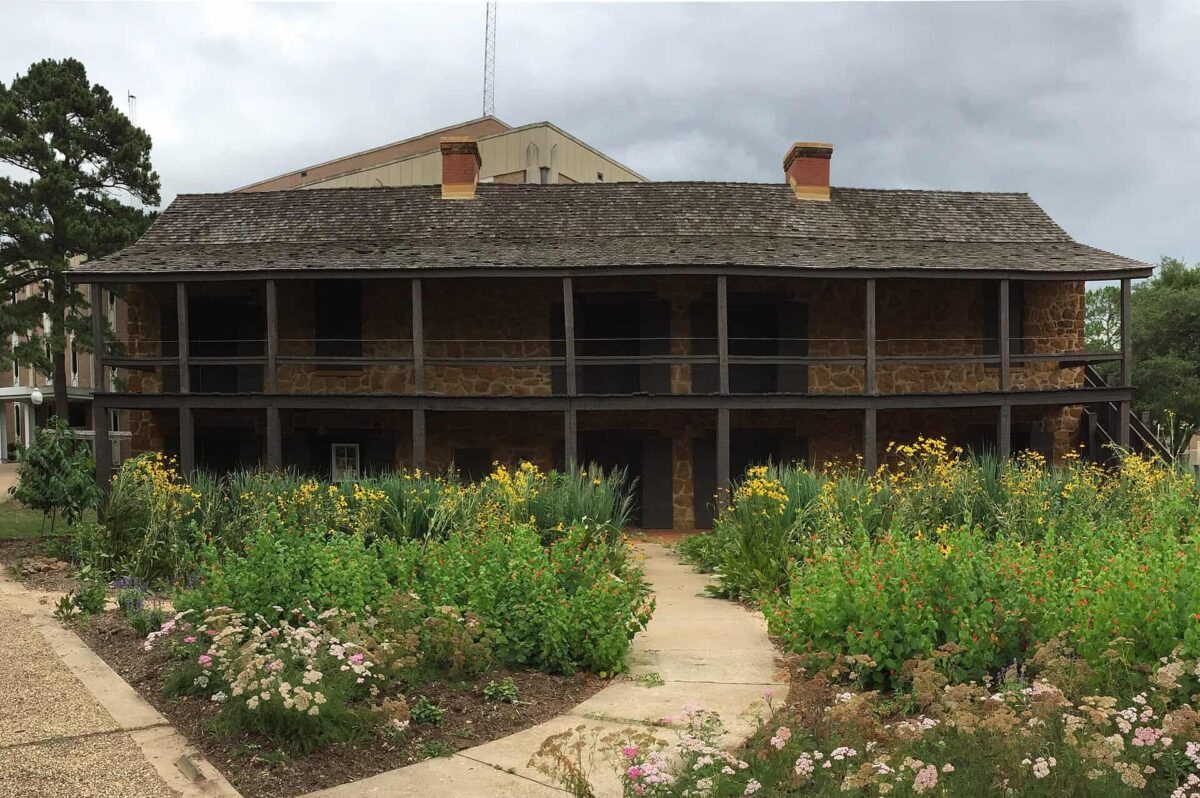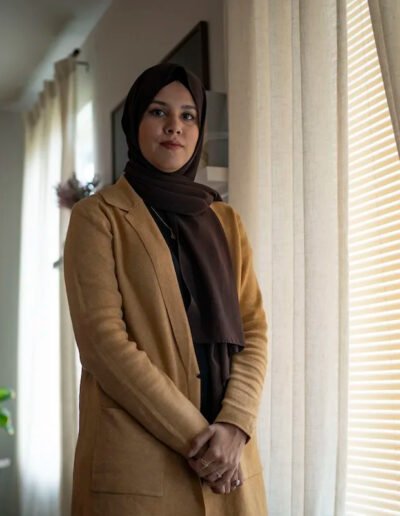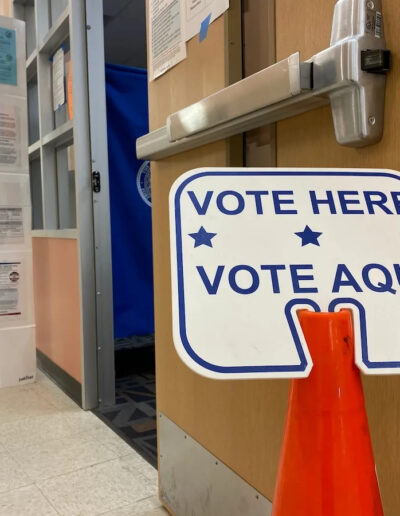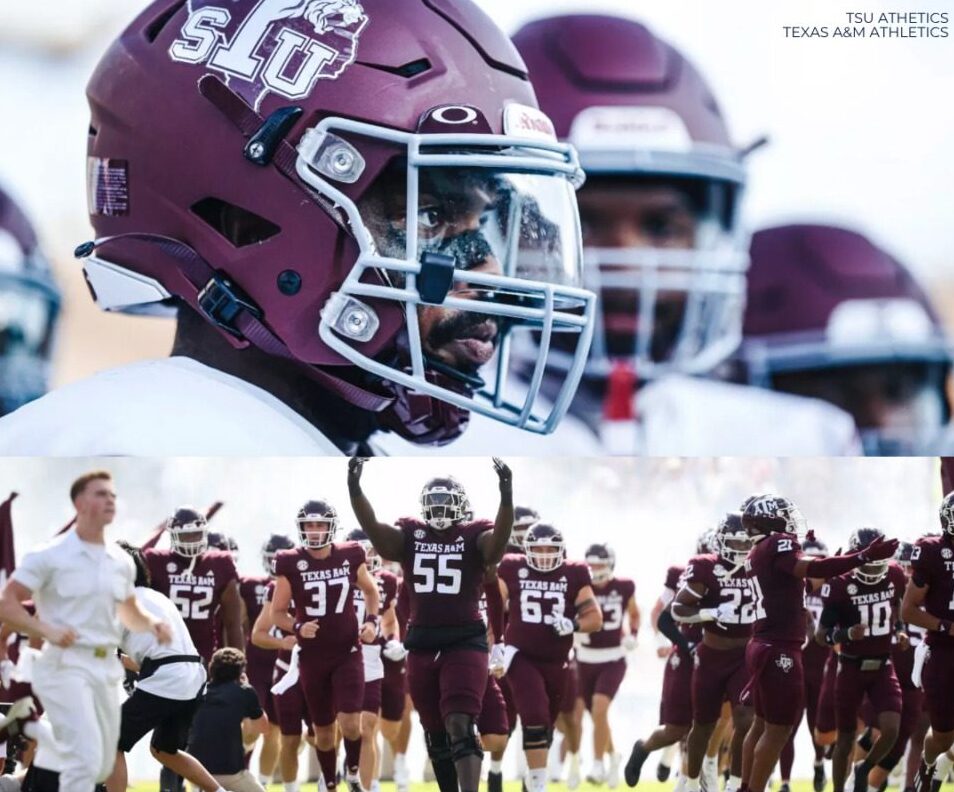
Texas A&M and Texas Southern University face the same NIL law, but vastly different realities — one bolstered by deep resources, the other navigating tough choices in the new era of athlete compensation.
Texas House Bill 126 is reshaping the landscape of college athletics in the state. In the wake of the House v. NCAA settlement, which ushered in a new era of athlete compensation, the bill outlines how Texas universities must navigate this evolving terrain.
Kicking off a transformative era in college athletics, schools have begun sharing up to $20.5 million annually in revenue directly with student-athletes — a landmark shift that redefines amateurism and paves the way for a more professional model in collegiate sports.
Texas lawmakers moved swiftly. The passage of Texas House Bill 126 now empowers public universities to enter into direct name, image, and likeness (NIL) agreements with student-athletes. The bill includes three key provisions: It permits direct NIL contracts between institutions and athletes; removes restrictions on offering those agreements prior to enrollment (though payments are still deferred until official enrollment); and grants flexibility for compliance with future NCAA or conference rules, even when they conflict with current state law.
Texas A&M University wasted no time adapting. The university announced plans to reallocate nearly $10 million from its athletics budget and hire new personnel — including a dedicated NIL attorney — to oversee the rollout of its revenue-sharing strategy.
“This bill is narrowly tailored to address two pressing issues — it allows direct NIL payments to enrolled student-athletes and ensures institutions can follow more permissive national standards when conflicts arise with state law,” said Brooks Moore, Deputy General Counsel at the Texas A&M University System.
The shift is seen as both “necessary and strategic” by university officials who are determined to keep Texas A&M nationally competitive as the rules of the game evolve.
Meanwhile, about 100 miles southeast, Texas Southern University (TSU) — a historically Black university with a smaller athletics budget — is approaching the change with caution. TSU supports 369 student-athletes and must weigh how to implement compensation measures without compromising sustainability.
“On paper, this sounds like a good deal for athletes, but for schools like ours, it actually puts us in a tougher spot,” said TSU head football coach Cris Dishman. “Bigger programs can throw $100,000 at a kid and have him sitting on the bench, while we might not have the resources to pay that same kid even as a starter. We need athletes who want to be here — who see Texas Southern as more than a stepping stone.”
Still, TSU may find opportunity by investing in non-revenue sports and building NIL partnerships within its local community. University leaders are considering a compensation model that reflects their mission — one that values student development as much as market value.
“Right now, this model feels like it hurts HBCUs more than it helps,” Dishman added. “We just don’t have the money to compete at that level.”
Other states have taken their own approaches. Florida has passed an emergency rule allowing schools to redirect $22.5 million annually from auxiliary services like bookstores and parking to pay athletes. Louisiana, meanwhile, has approved legislation to boost sports betting taxes and funnel more than $24 million into athletic departments for athlete compensation.
“We need to ensure we are not outpaced by other states,” added Eric Bentley, Vice Chancellor and General Counsel, Texas Tech University System. “We’re very appreciative of this legislature.”





